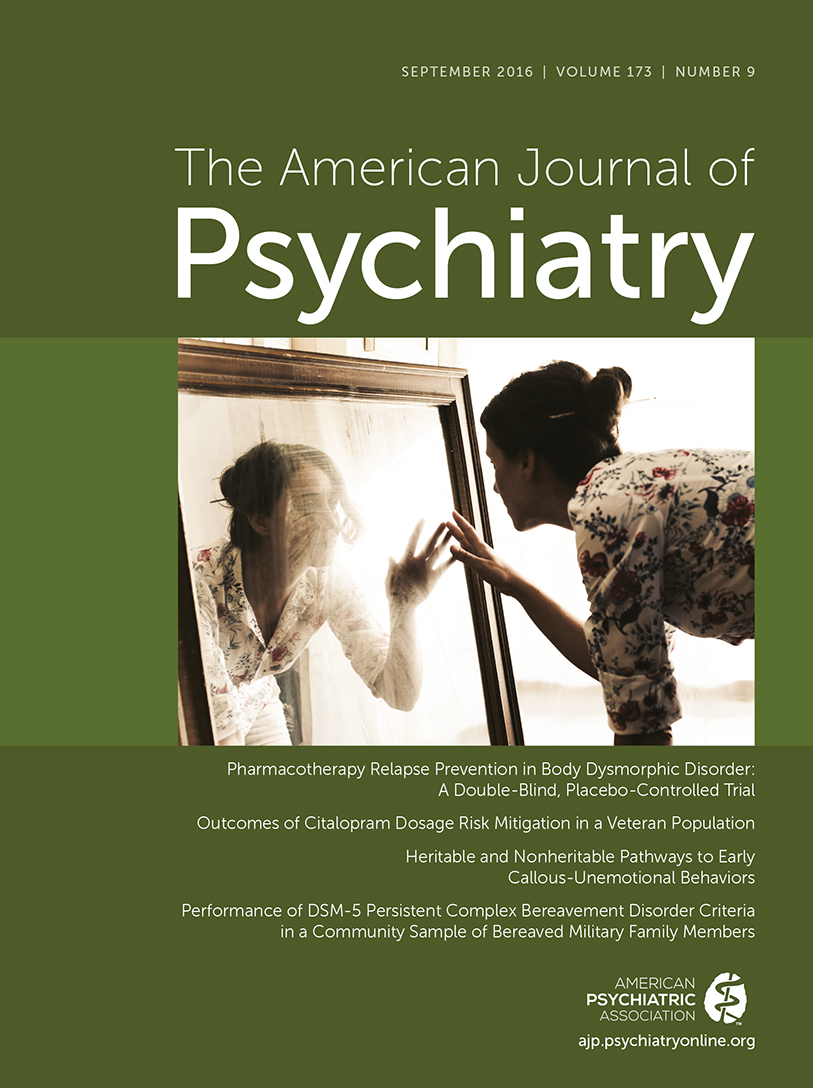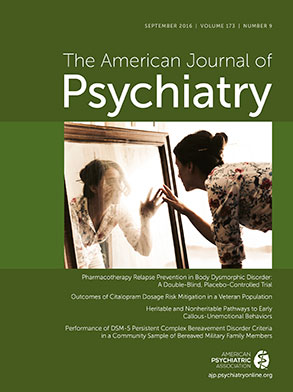Ibuprofen May Increase Pharmacological Action of Valproate by Displacing It From Plasma Proteins: A Case Report
A 20-year-old Spanish Caucasian male nonsmoker with treatment-refractory schizophrenia took clozapine and VPA at night. Steady-state early-morning serum concentrations were measured by a laboratory that does not measure free VPA concentrations. Drug clearance was estimated by calculating concentration-to-dosage ratios (1). Before ibuprofen, the total VPA concentration was 41.85 μg/mL (dosage=700 mg/day; concentration-to-dosage ratio=0.060) and was 305 ng/mL for clozapine (dosage=250 mg/day; concentration-to-dosage ratio=1.22). After 16 days on ibuprofen (dosage=1,800 mg/day), the total VPA concentration decreased to 29.31 μg/mL (dosage=1,000 mg/day; concentration-to-dosage ratio=0.029), while clozapine clearance did not decrease (475 ng/mL; clozapine concentration-to-dosage ratio=1.90). Drug compliance was verified by the patient and his mother. On day 30, 14 days after ibuprofen discontinuation but still on the same dosages of the psychiatric medications, the VPA concentration was 19.14 μg/mL (valproate concentration-to-dosage ratio=0.019), with 399 ng/mL for clozapine (clozapine concentration-to-dosage ratio=1.60). On day 58 (42 days after ibuprofen discontinuation), the VPA concentration increased to 86.00 μg/mL (dosage=1,200 mg/day; valproate concentration-to-dosage ratio=0.072). On day 100 of the same dosages, VPA concentration was 83.48 μg/mL (valproate concentration-to-dosage ratio=0.070), with 491 ng/mL for clozapine (clozapine concentration-to-dosage ratio=2.00).
Acknowledgments
References
Information & Authors
Information
Published In
History
Authors
Author Contributions
Funding Information
Metrics & Citations
Metrics
Citations
Export Citations
If you have the appropriate software installed, you can download article citation data to the citation manager of your choice. Simply select your manager software from the list below and click Download.
For more information or tips please see 'Downloading to a citation manager' in the Help menu.
View Options
View options
PDF/EPUB
View PDF/EPUBLogin options
Already a subscriber? Access your subscription through your login credentials or your institution for full access to this article.
Personal login Institutional Login Open Athens loginNot a subscriber?
PsychiatryOnline subscription options offer access to the DSM-5-TR® library, books, journals, CME, and patient resources. This all-in-one virtual library provides psychiatrists and mental health professionals with key resources for diagnosis, treatment, research, and professional development.
Need more help? PsychiatryOnline Customer Service may be reached by emailing [email protected] or by calling 800-368-5777 (in the U.S.) or 703-907-7322 (outside the U.S.).

